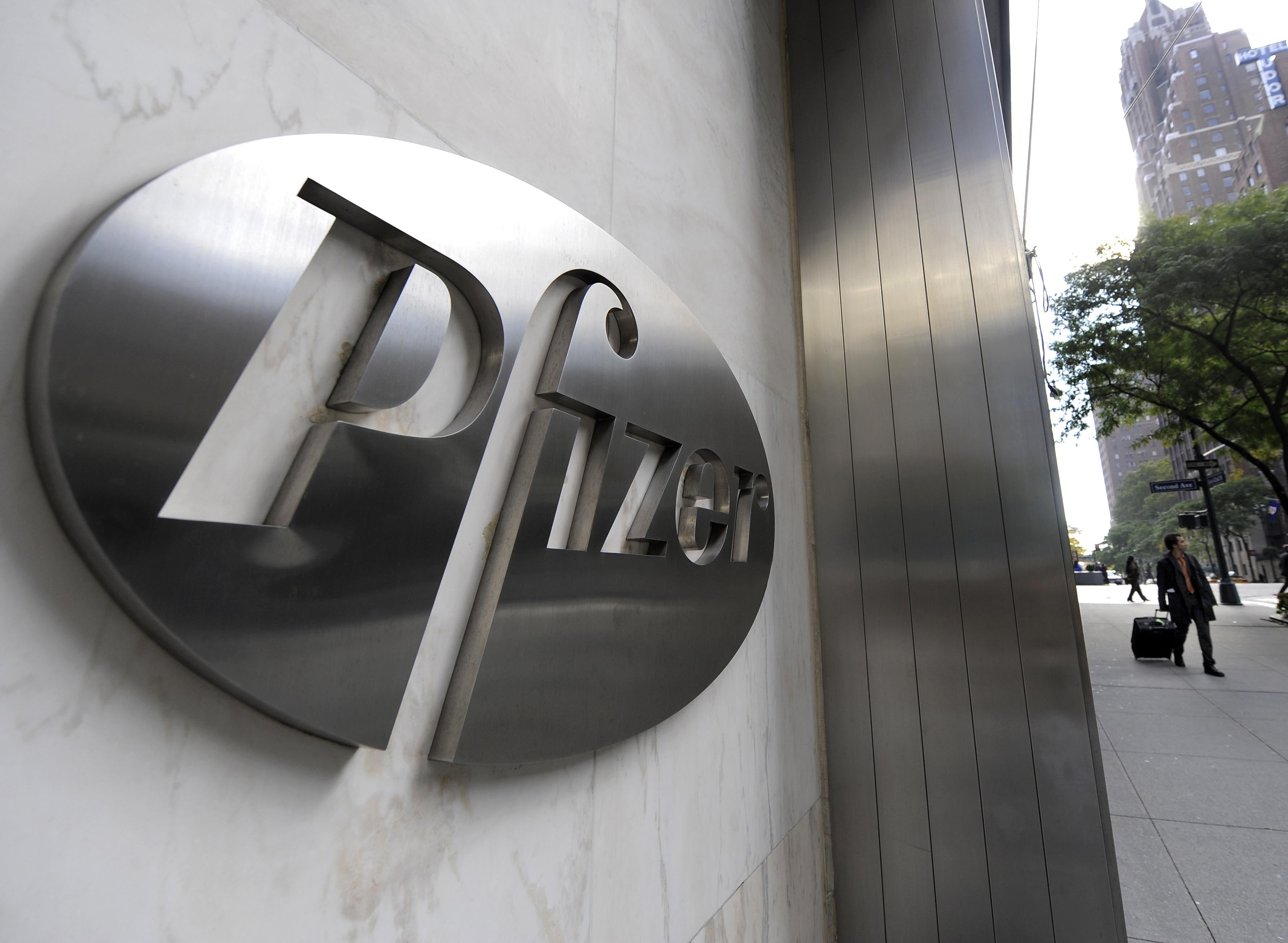Nelson Schwartz profiles a trend in corporate America calculated to get the blood of any decent person boiling, firms that are so rich in cash that they’re spending big on stock buybacks even while declining to hire new workers. In some cases, such as Pfizer, stock buybacks are actually going hand in hand with layoffs. Firms, in essense, are finding workers they can do without, cutting back operations to increase profitability, and using the increased profits to just go buy equity in themselves. It looks fishy. It smells fishy. And certainly it marks a departure from the labor hoarding behavior of yore.
But I’m not convinced it really is all that fishy as opposed to a standard consequence of an economic situation in which aggregate demand is growing but only very slowly.
Think about a guy running a very good, very upscale restaurant in a small city like Bangor, Maine. Maybe people really like the restaurant, and he’s consistently busy during limited hours in the off-season and still consistently busy operating lunch and dinner service seven days a week (plus extra outdoor seating) during the summer time. The business is profitable and he’s making lots of money. But the fact remains that Bangor just isn’t very big. There’s a limited market for fancy expensive restaurants for reasons that have nothing to do with the quality of any given restaurant. So even though the restaurant is popular, the prospects for investing in growth aren’t that good. To expand operations, you’d really need to invest in opening a new place aiming at a totally different market segment. But as long as that’s the shape of the investment, you might as well just take your profits and invest them in the S&P 500 or buy copper futures or anything else. The point is that the core business, despite being a good business with healthy profits, faces a bleak outlook for expansion. So your first priority is to try to pay off creditors or buy out any equity investors you took on at the beginning to maximize flexibility for the future. Then when summer turns to autumn, you know demand is going to dip so you’re going to start letting workers go and scaling back hours even though you have a profitable business.
This is roughly the situation facing many American businesses. For all the whining that CEOs are doing about regulation, taxes, and “uncertainty” the reality is that American firms’ existing operations are quite profitable. The problem is that we all expect spending growth to be weak, meaning household income growth will be weak, meaning sales growth will be weak. That means it doesn’t make a ton of sense to hire many new people even though unemployed workers are plentiful. What we need is government action to re-coordinate expectations around the idea that demand will grow more rapidly and firms who don’t expand to capture the new demand will be losing out on key opportunities. If expectations settle around that notion, then we’ll see new hiring and extra hours for existing workers. That higher household income will translate into the higher spending that makes the expansions pay off.
